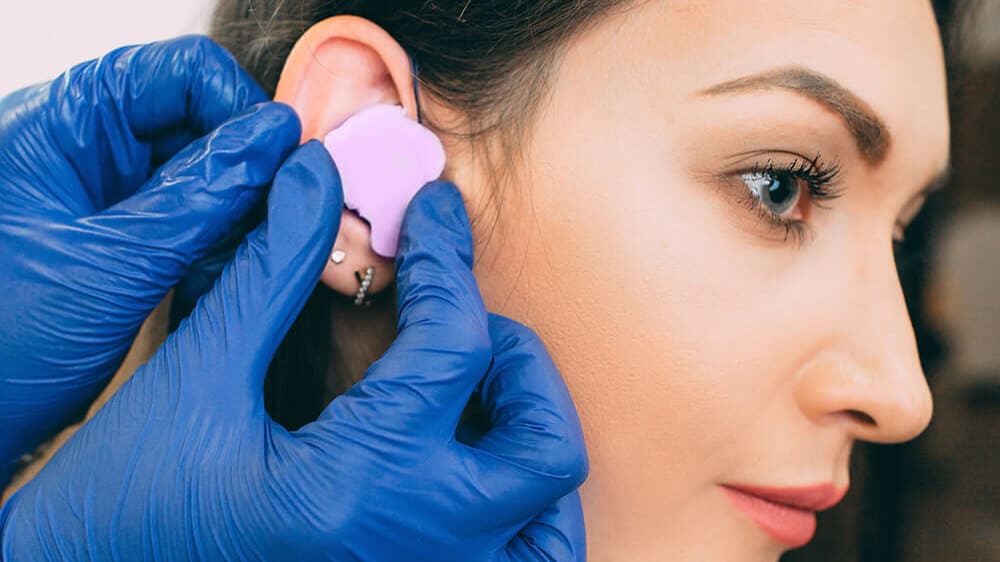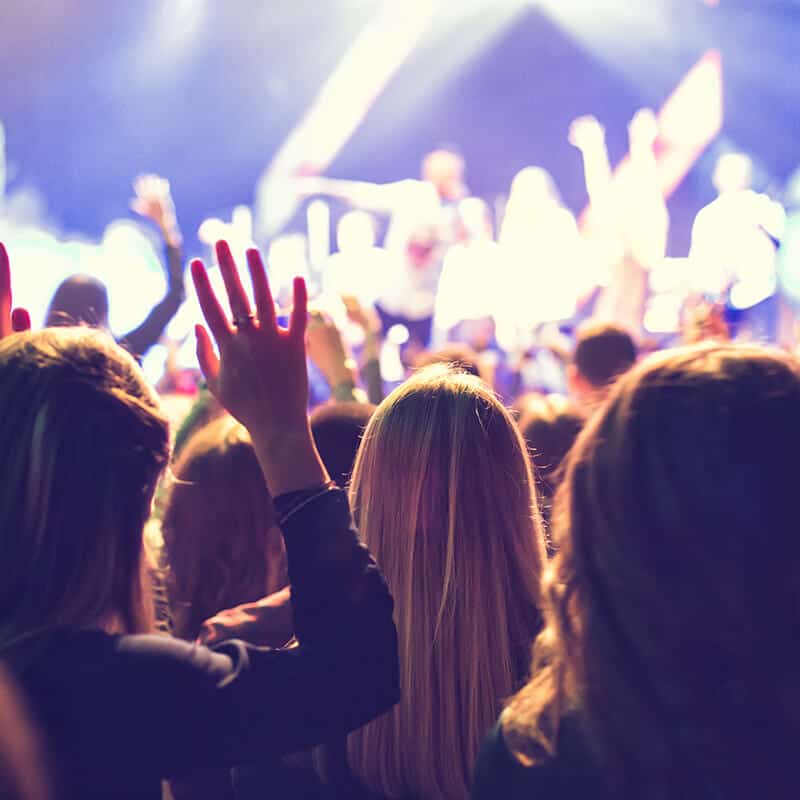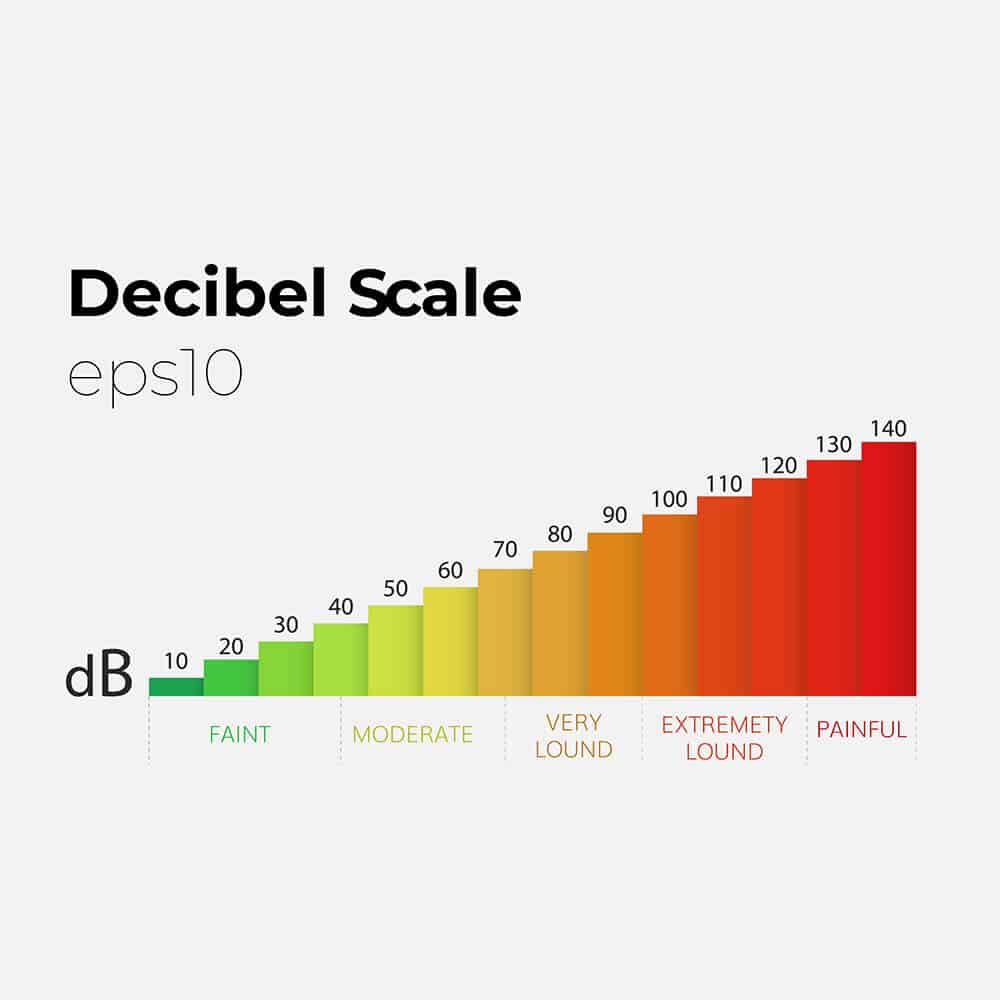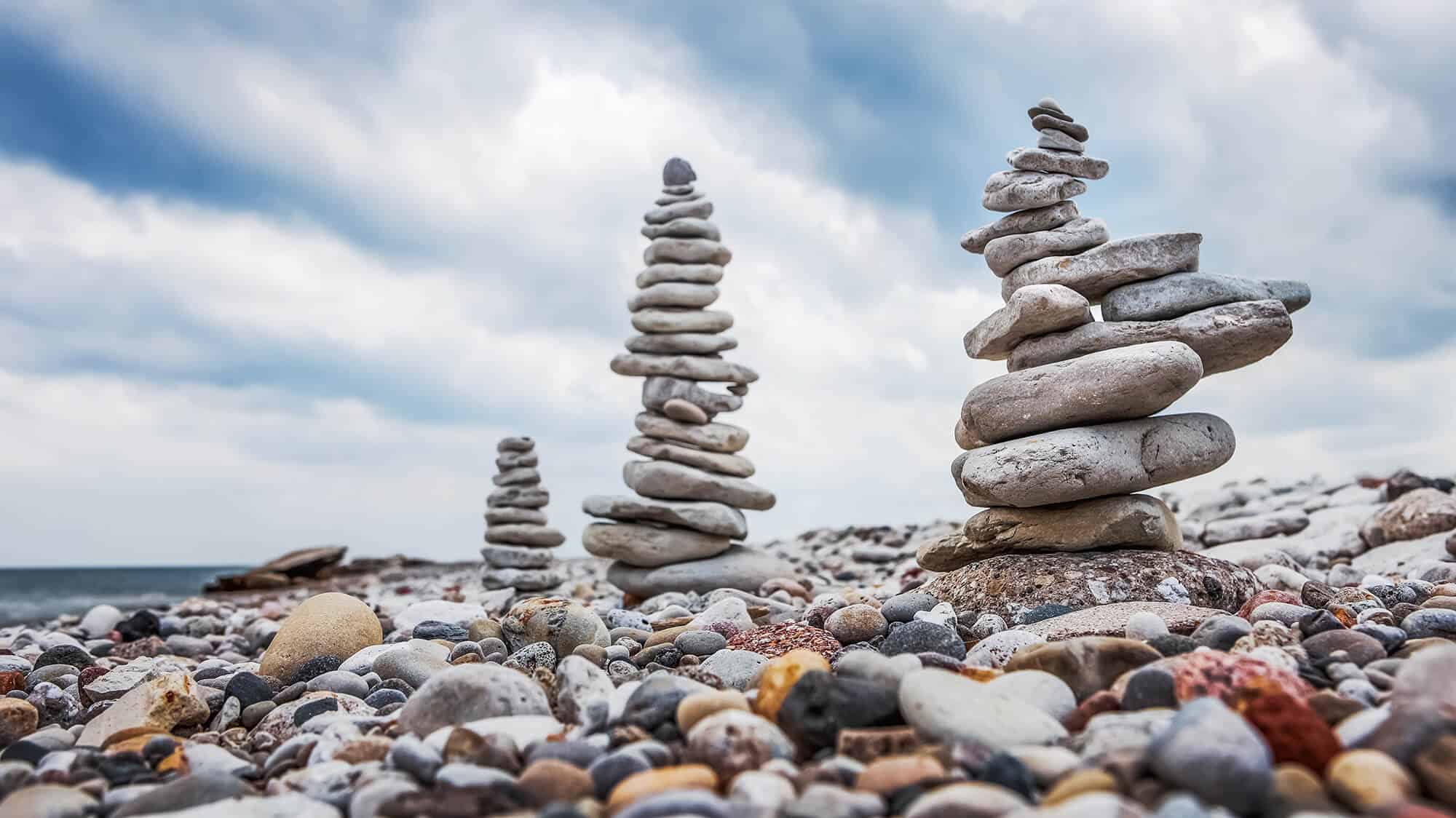Noise Induced Hearing Loss
Hearing loss is more common than you think, and roughly 40 million Americans struggle to hear. With our noisy city streets, loud jobs, and leisure activities that risk our hearing health, this number continues to rise. While some face hearing loss due to aging, or through illness or injury, an alarmingly high number of individuals have hearing loss due to exposure to noise.
Noise Induced Hearing Loss
Noise induced hearing loss (NIHL) is hearing loss caused by exposure to dangerously loud noises. NIHL can be sudden, and one evening at an extremely loud concert could cost you your hearing. NIHL is often gradual, and your ears start to experience the wear and tear of the constant exposure to noise from bustling city streets, the construction site at the corner, and unsafe listening practices when blasting music through earbuds during your morning run. Noise induced hearing loss is completely preventable, so it’s important that you look for the signs of NIHL in your life, and do the right thing for your hearing health.

Protecting Your Hearing
If you’re exposed to dangerously loud sounds at work or during leisure activities, it’s important to protect your hearing! Foam earplugs can work in a pinch, but don’t always provide adequate protection, and can be uncomfortable to wear for long periods of time.
Custom hearing protection is a game changer, and you’ll be able to comfortably wear hearing protection for an entire day. Molded to fit your ears, these digital earpieces will sense the sounds around you, and provide protection when you need it. If you’re talking with coworkers, or aren’t exposed to dangerous sounds, the devices will allow sound to enter your ears naturally. As soon as they detect excessively loud noise, they’ll automatically provide protection and block dangerous noise, protecting your ears and safeguarding your hearing health.



